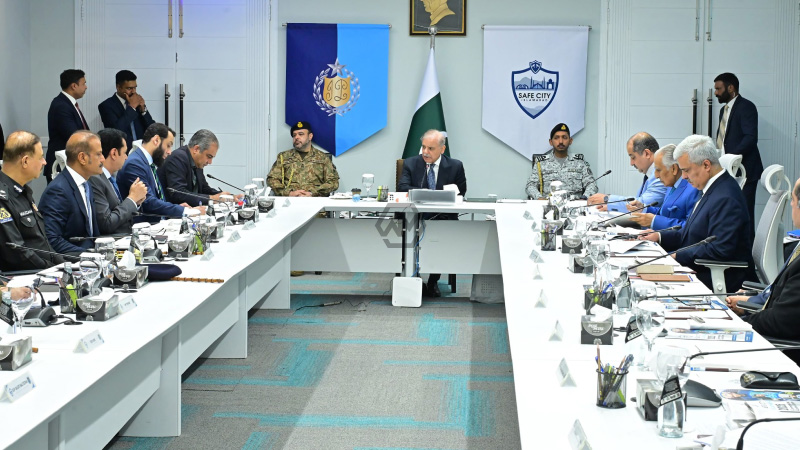- Pakistan intensifies protection for Chinese workers as CPEC enters its crucial second phase.
- Over 20 Chinese nationals have been killed in Pakistan since 2020 in targeted militant attacks.
- New security plans include surveillance upgrades, travel escorts, and infrastructure safeguards.
With the China-Pakistan Economic Corridor (CPEC) transitioning into a more advanced developmental phase, Pakistan has pledged sweeping new security measures to safeguard thousands of Chinese nationals working in the country.
Over the past four years, militant groups like the Baloch Liberation Army (BLA) have repeatedly targeted Chinese citizens in Pakistan, citing grievances over resource exploitation and lack of local benefits from foreign projects.
Securing Progress: Pakistan Ramps Up Protection for Chinese Citizens as CPEC Expands
The second phase of CPEC marks a shift in focus from energy and transport infrastructure to economic zones, manufacturing hubs, and social upliftment initiatives. It is designed to boost industrial capacity, agricultural innovation, and skill development within Pakistan by leveraging Chinese investment and expertise. Officials anticipate this phase will create thousands of jobs and stimulate exports, provided investor confidence remains intact.
Security remains the single most pressing concern for China, which has heavily invested in key sites like Gwadar Port. Repeated attacks, including a deadly bombing in Karachi last year that killed two Chinese engineers, have strained relations and delayed some projects. This has pushed Islamabad to implement high-visibility safety improvements and demonstrate its commitment to Chinese partners.
Interior Minister Mohsin Naqvi has assured that all provinces are working in close coordination with federal agencies to ensure seamless protection for Chinese nationals. Special response units, real-time monitoring, and rapid deployment teams are being incorporated into the new framework. In addition, housing developments for foreign workers will now include integrated surveillance and security infrastructure.
These efforts highlight how deeply intertwined economic progress and geopolitical trust have become. For Pakistan, maintaining a stable environment for foreign investment—especially from China—is not just about infrastructure, but about building long-term strategic resilience. The success of CPEC Phase II hinges not only on policy but on practical execution of security guarantees.
Pakistan’s renewed security push reflects its determination to protect Chinese partners and ensure the smooth progression of CPEC. The challenge now lies in translating policy into sustained safety and trust.
“Development and security are two sides of the same coin.” – Ban Ki-moon



